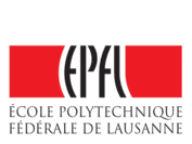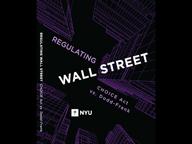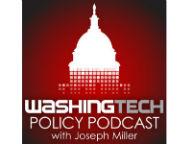Faculty News
—
Professor Baruch Lev's research on the accruals anomaly is featured
—

Excerpt from Investors Chronicle -- "They found that US institutional investors did not trade on the anomaly often enough to arbitrage it away (i.e., drive prices up or down so much that prospective risk-free gains vanished). Two connected reasons lay behind this. First, the anomaly tended to dwell in illiquid stocks that were too small for institutions to bother with. Second, such stocks were clearly risky so investing in them might fall foul of so-called ‘prudent-man rules’, which required intermediaries to invest other people’s money as if it were their own."
Faculty News
—

Excerpt from Investors Chronicle -- "They found that US institutional investors did not trade on the anomaly often enough to arbitrage it away (i.e., drive prices up or down so much that prospective risk-free gains vanished). Two connected reasons lay behind this. First, the anomaly tended to dwell in illiquid stocks that were too small for institutions to bother with. Second, such stocks were clearly risky so investing in them might fall foul of so-called ‘prudent-man rules’, which required intermediaries to invest other people’s money as if it were their own."






















